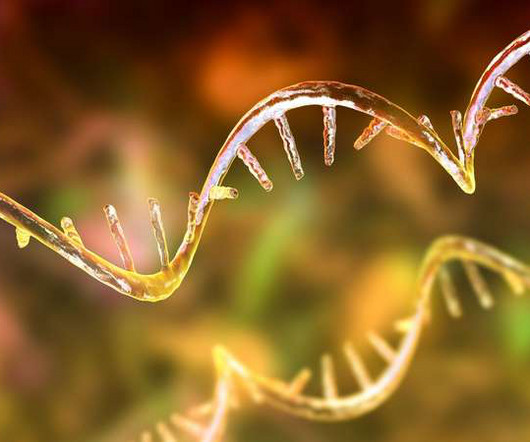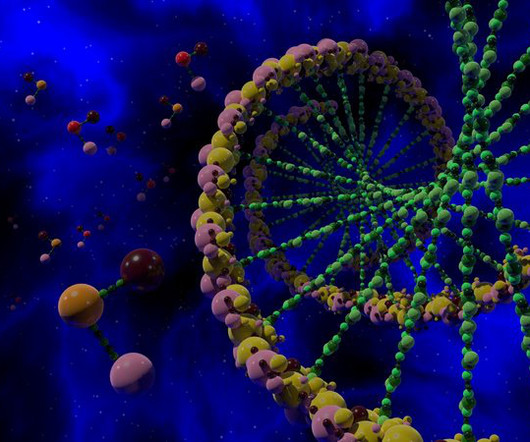Turning science into business: Amplifying mRNA by targeting regRNAs
Drug Discovery World
APRIL 17, 2024
Recently, research published by Dr Richard (Rick) Young (Whitehead Institute) describes the key mechanism of how these regRNAs regulate gene expression. CAMP4 is exploiting these regulatory interactions to specifically control the expression of genes tied to disease. What diseases are you currently targeting?
















Let's personalize your content